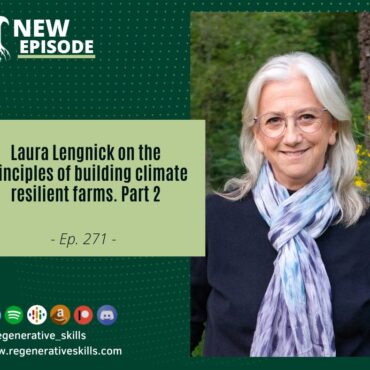
Laura Lengnick on the principles of building climate resilient farms. Part 2
This week I’ll be presenting the second in a two part series exploring the topic of building true resilience in agriculture. Resilience is often thought of as the ability to […]

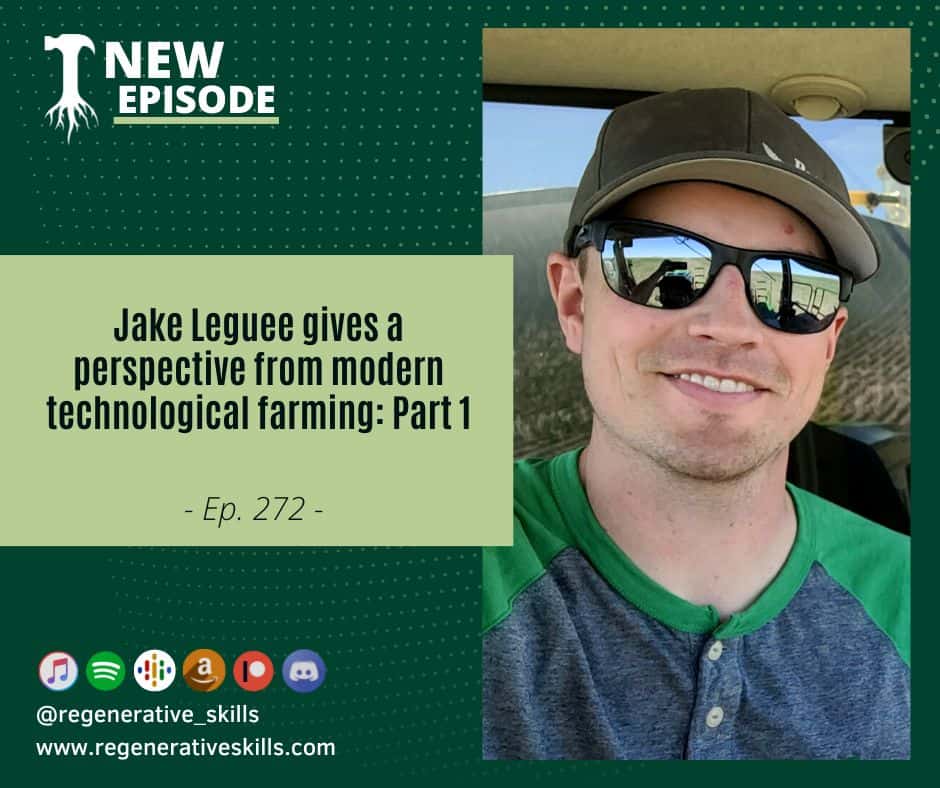
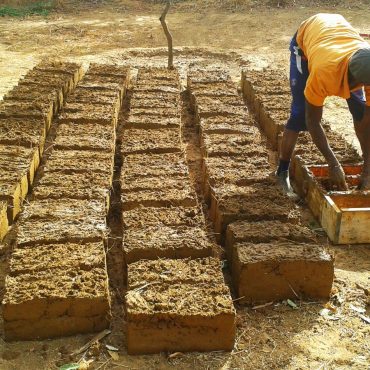
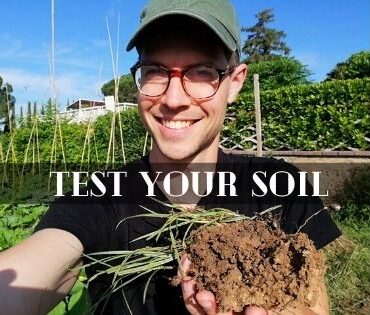
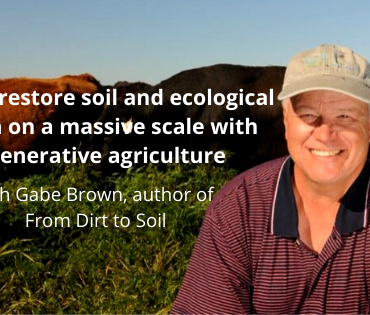
Post comments
This post currently has no comments.